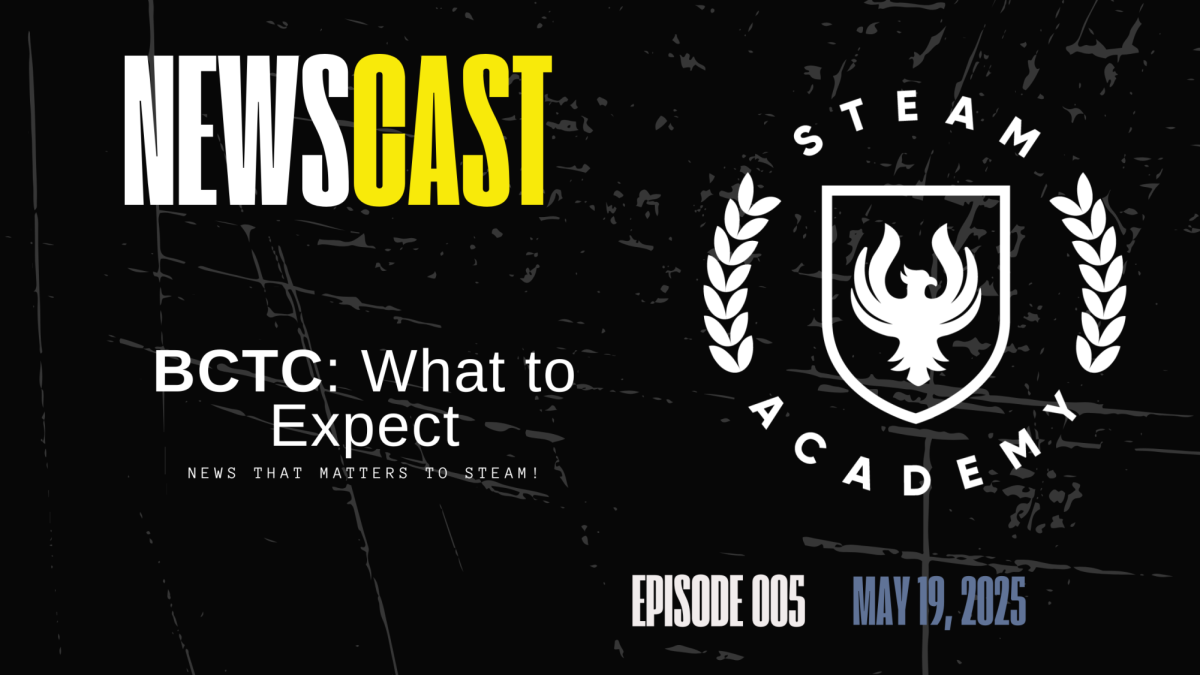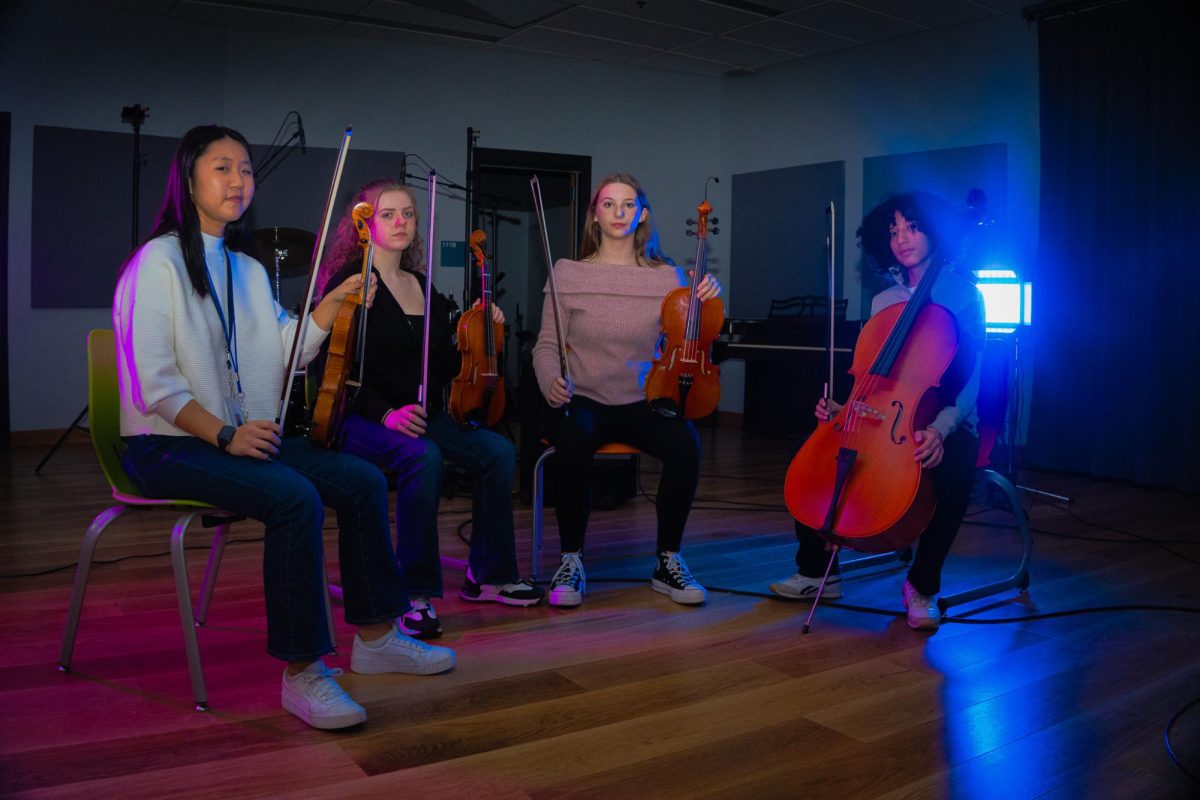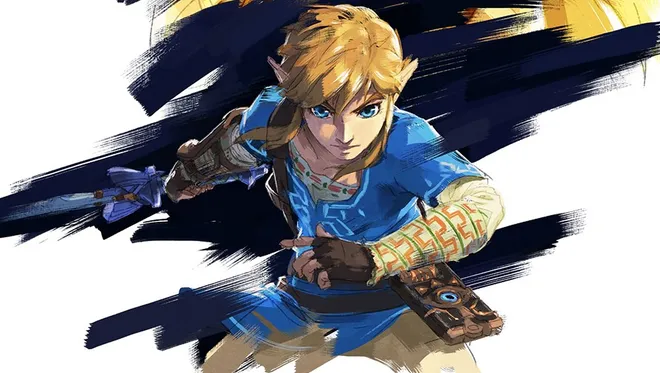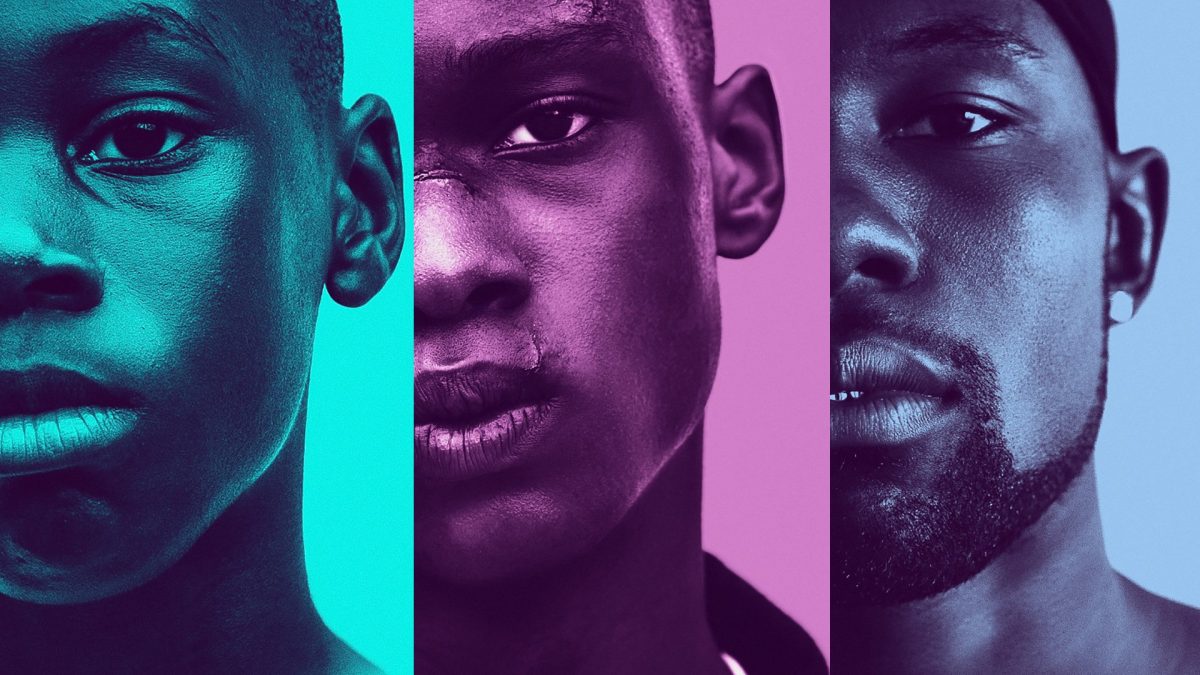The Legend of Zelda, one of the most beloved and long-lasting franchises in the video game industry, has captivated players since its debut in 1986. One of the most distinctive characteristics of its protagonist, Link, is his silence he does not speak in the traditional sense through a majority of the series. this essay delves into the reasons behind Link’s lack of vocalization in the deeper meanings that his choices embody within the narrative and emotional framework of the games. At its core, Link silence serves as an immersive tool that enhances the player’s experience. The Legend of Zelda series typically employs a third-person perspective with a close relationship between the player and Link. By refraining from giving Link a voice, the game invites players to project their thoughts, feelings, and motivations onto the player. players can more easily identify with Link filling the silence with their interpretations and emotions. this allows for a Unique bond that can vary from person to person, making each adventure feel personal and tailored to the individual’s perspective. Moreover, silence can be a powerful narrative technique. it often allows for a deeper exploration of themes such as heroism, courage, and the weight of destiny. Links unspoken resolve Echoes throughout his journey, requiring players to focus on his actions rather than dialogue. As players navigate through dungeons, solve puzzles, and face formidable foes, Links various expressions and actions become the primary means of communication. this creates a dynamic where players interpret his feelings and motivations based on the context of his actions rather than explicit verbal cues. Link is the hero archetype prevalent in many narratives. traditionally, the hero’s journey involves a silent or recent protagonist, allowing for an epic tale of bravery and selflessness to unfold. in various mythologies and fairy tales Heroes often confront insurmountable odds, in their silence can signify depth, introspection, or a heavy burden of responsibility. Links characterization as the hero of time or the hero of Hyrule fits very well within his archetype, particularly regarding his courage and tenacity. By keeping Link silent the creators of the series stress that actions speak louder than words. this notion is particularly resonant in moments of danger, where quick decisions and physical prowess are paramount. Links silence emphasizes his strength of character it demonstrates that true heroism isn’t defined by equivalent speeches or dialogue but by bravery in action. Links lack of speech also allows for emotional ambiguity which enables players to form deeper connections with him. Scholars of video games have pointed out that silence can invoke a sense of mystery, inviting players to ponder Links between inner thoughts his past, and his motivations. The ambiguity surrounding his character can foster a range of emotions, from empathy to intrigue, as players encounter his struggles and triumphs. The emotional weight of Links’s journey is often intensified by his nonverbal communication. facial expressions, gestures, and Body Language convey a multitude of feelings from determination to sorrow players can perceive his hopes, fears, and joys through Visual storytelling techniques rather than dialogue. this Nuance betrayal makes moments of Victory and loss feel more impactful when Link achieves a significant Milestone or faces a tragic setback the emotional resonance can be profound, as players can interpret and feel alongside him. The decision to keep Link silent also has roots in video games’ cultural and historical text. during the early years of gaming technical limitations were often restricted voice acting in detailed narratives. As The Legend of Zelda series evolved, it retained Link’s silence as a stylistic choice rather than a necessity, creating a distinct identity that sets it apart from other franchises. Furthermore, Link’s silence mirrors other iconic silent protagonists and gaming history such as Mario and Samus Aaron this tradition has allowed these characters to transcend cultural barriers, as players worldwide can relate to their Adventures without language acting as a barrier. Link’s journey in the fantastical land of Hyrule facing mythical beasts and engaging in Epic Tales can resonate universally, emphasizing shared human experiences like heroism, exploration, and the struggle against evil. Link’s role as a silent protagonist also serves a practical purpose within the narrative structure of the Legend of Zelda series. with the ever-expanding Universe filled with intricate lore, numerous characters, and diverse storylines, the absence of spoken dialogue allows the game narrative to unfold through environmental storytelling, character interactions, and items through exploration of players and uncovering lore about Hyruls history, culture, and various races inhabiting the land, which adds depth to the gaming experience. So Link’s silence directs the focus toward other characters, sizing their personalities, struggles, and stories. Zelda, Ganondorf, and various supporting characters often take center stage and dialogue, giving players insight into their motivations and conflicts in Hyrule. Link is a perfect example of the famous saying “Actions speak louder than words”.






















